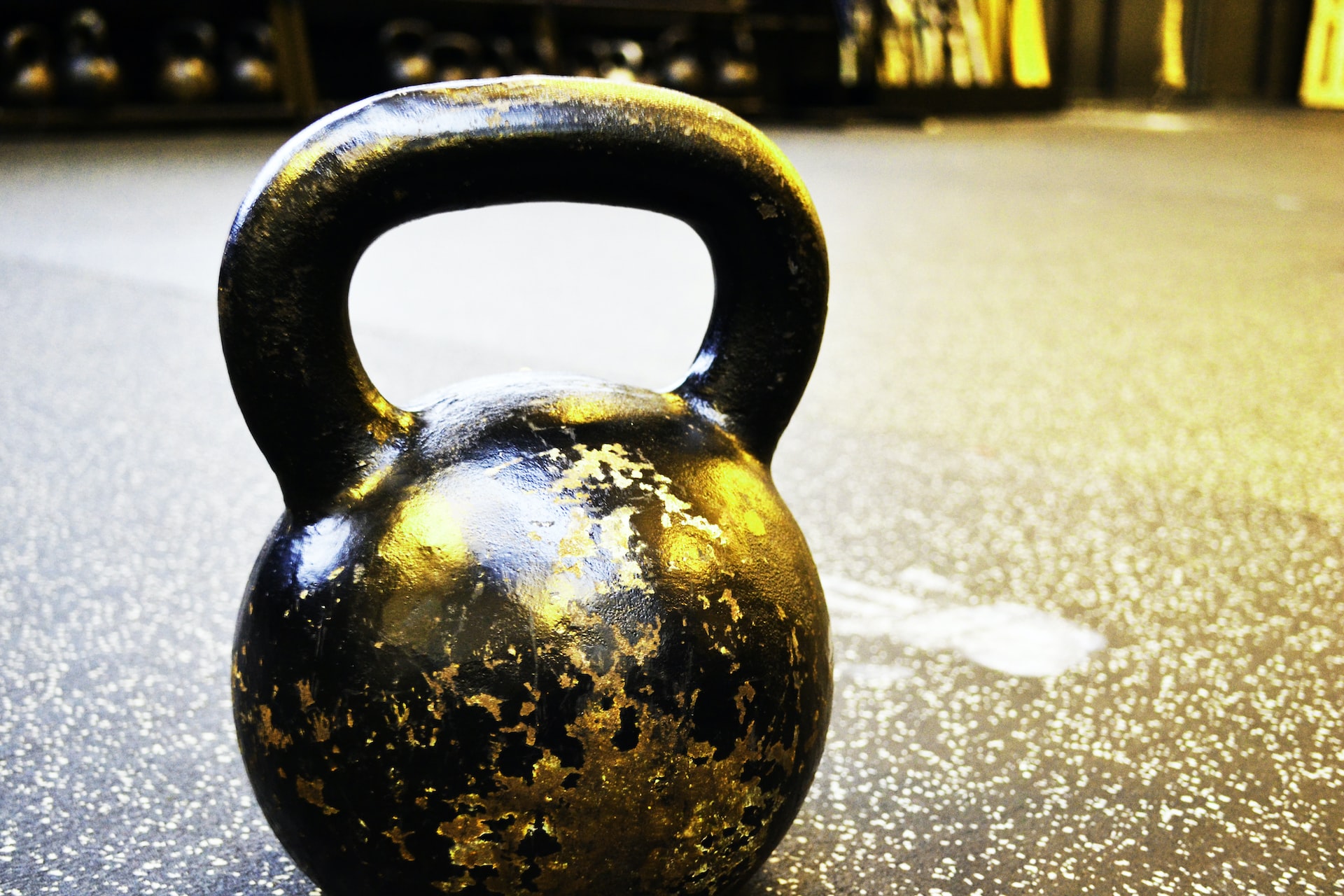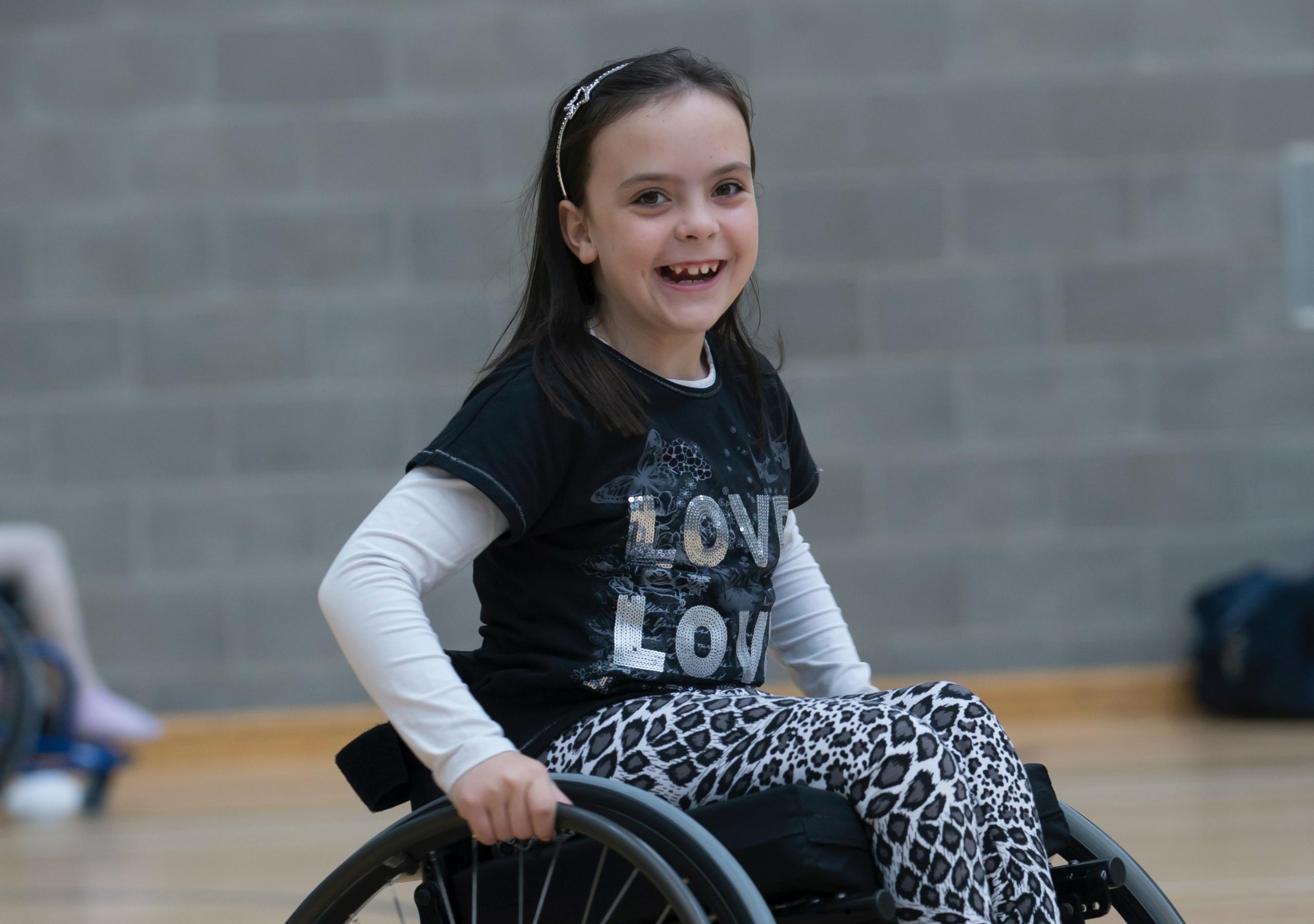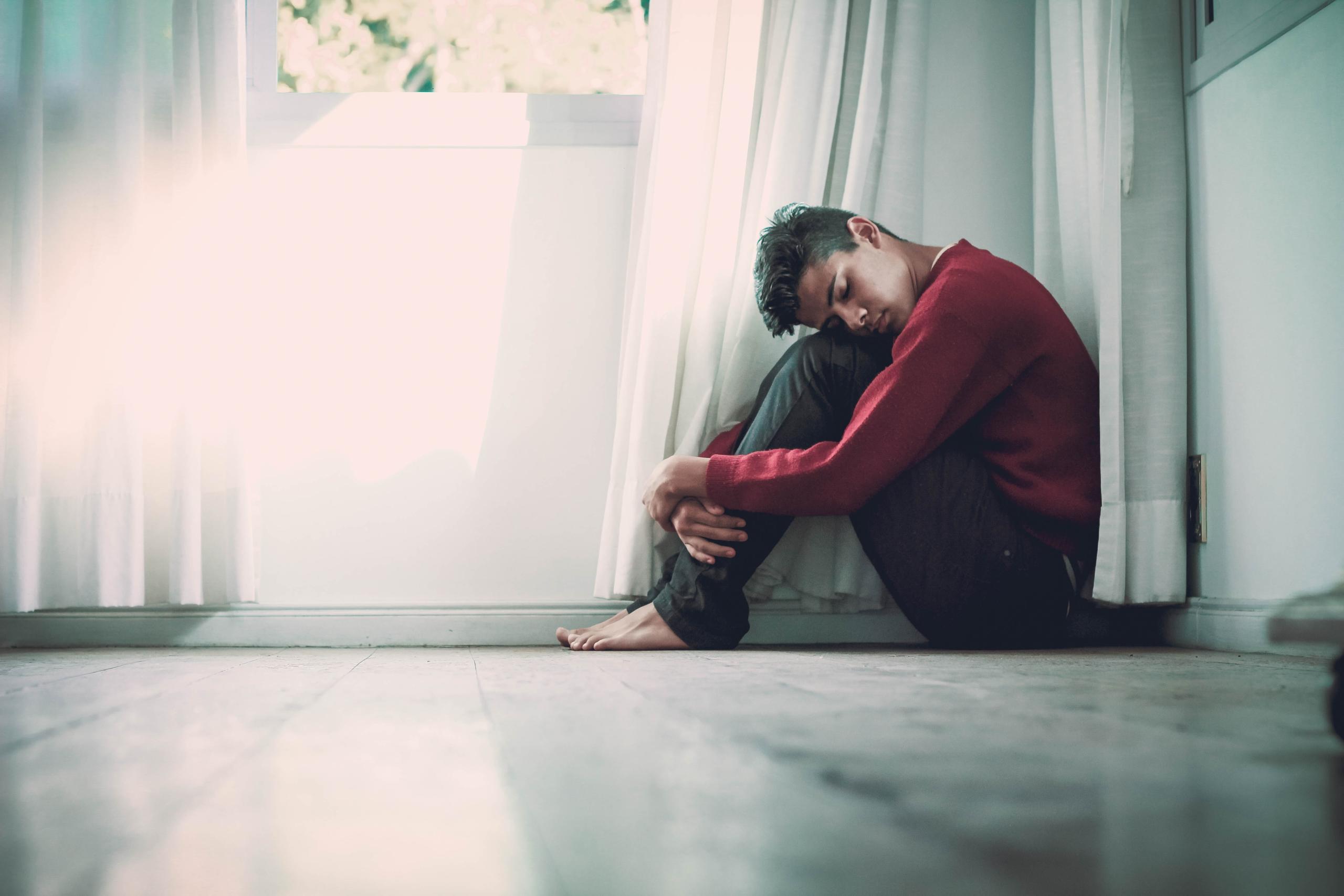The GN Podcast with Andrew Fuller: Performance and Image Enhancing Drugs and Young People
In this episode: Fitspo, social media and exercise culture has seen an increase in young people’s interests in anabolic steroids and related drugs These drugs have significant side effects and can cause serious long term problems In dealing with young people who are using these agents, possible the best approach to take is a [...]










